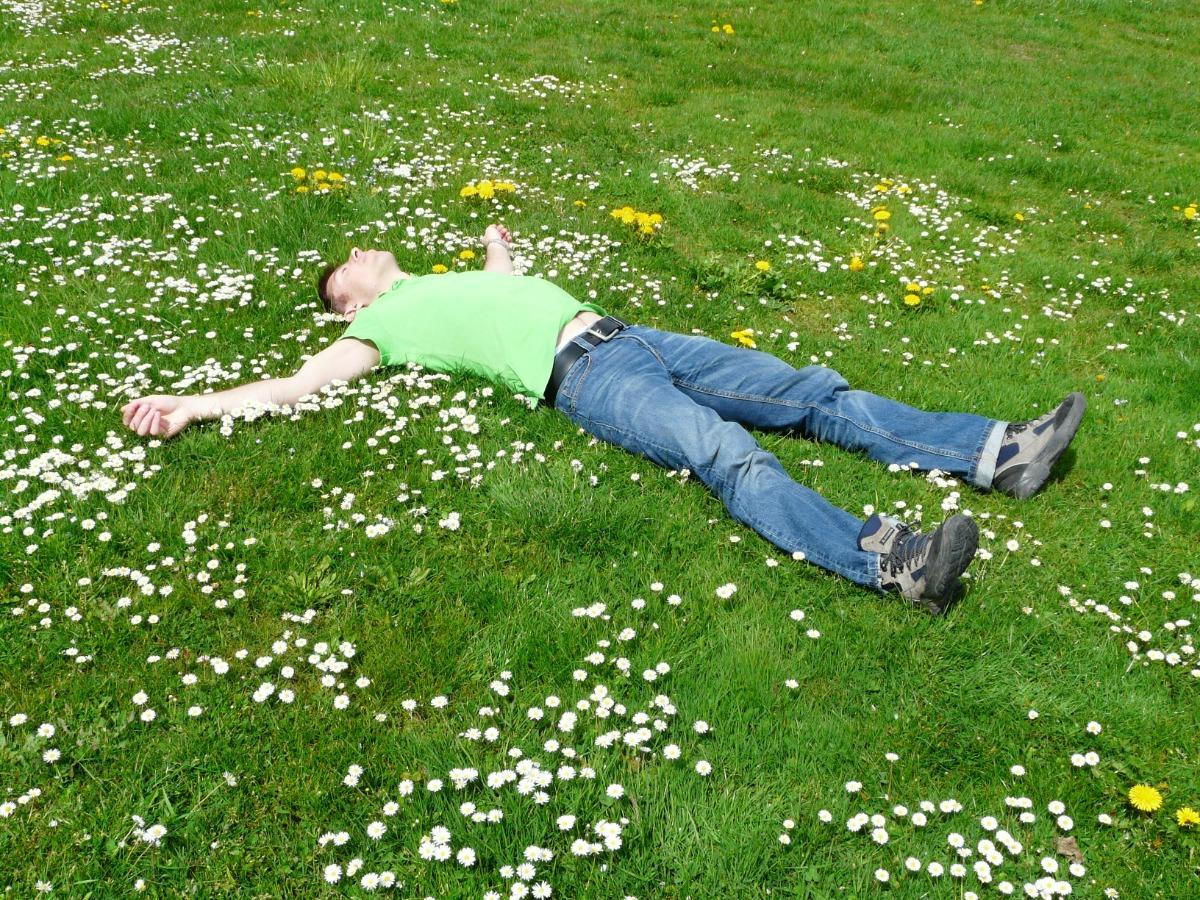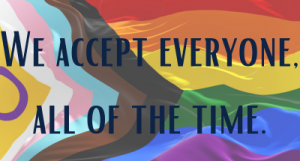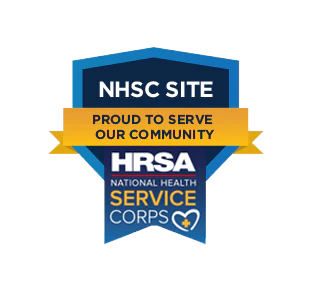Overcoming Burnout: Signs, Causes, and Recovery

- posted: Sep. 11, 2024
Burnout is a state of emotional, physical, and mental exhaustion caused by prolonged stress, often related to work. It’s characterized by feelings of helplessness, detachment, and lack of accomplishment. Burnout not only affects your job performance but can also harm your personal life and overall mental health.
Recognizing the Signs of Burnout
Burnout differs from regular stress in that it involves a sense of emotional depletion. According to the World Health Organization, burnout is now officially recognized as an occupational phenomenon. Symptoms include:
Exhaustion, both mental and physical
Detachment from work or feelings of cynicism
Reduced performance or productivity
Emotional numbness or withdrawal
Frequent illness or weakened immune system
What Causes Burnout?
The primary causes of burnout include excessive workloads, lack of control over tasks, unclear job expectations, and an unhealthy work-life balance. A study by the Mayo Clinic found that individuals who do not take breaks, work long hours, and lack support are more likely to experience burnout .
How to Recover from Burnout
Take Time Off: If possible, step away from work to rest and recharge. Research from Stanford University shows that taking even short breaks from work can significantly improve mental health and reduce symptoms of burnout .
Set Realistic Goals: Burnout often stems from unrealistic expectations. Take time to reassess your priorities and set achievable goals, both in your professional and personal life.
Seek Support: Talk to a mental health professional or seek support from friends and family. Having a strong support network can make a big difference in your recovery. Counseling or therapy can provide tools to cope with the emotional toll of burnout.
Practice Self-Compassion: Recognize that burnout is not a sign of weakness. Practice self-compassion by acknowledging your limits and focusing on self-care. Mindfulness and relaxation exercises, such as yoga and meditation, can help restore emotional balance.
If you're experiencing burnout, it's important to seek help before it worsens. Allied Wellness Collective provides personalized support to help you recover from burnout and restore your well-being. Contact us today to schedule a consultation.
Sources
World Health Organization. (2019). Burn-out an "occupational phenomenon": International Classification of Diseases. Retrieved from https://www.who.int/mental_health/evidence/burn-out/en/
Mayo Clinic Staff. (2021). Burnout: Prevention and recovery. Retrieved from https://www.mayoclinic.org/healthy-lifestyle/adult-health/in-depth/burnout-recovery
Stanford University. (2020). The impact of breaks on mental health and burnout. Retrieved from https://news.stanford.edu/2020/05/15/impact-taking-breaks-work-mental-health/

- posted: Sep. 11, 2024
Burnout is a state of emotional, physical, and mental exhaustion caused by prolonged stress, often related to work. It’s characterized by feelings of helplessness, detachment, and lack of accomplishment. Burnout not only affects your job performance but can also harm your personal life and overall mental health.
Recognizing the Signs of Burnout
Burnout differs from regular stress in that it involves a sense of emotional depletion. According to the World Health Organization, burnout is now officially recognized as an occupational phenomenon. Symptoms include:
Exhaustion, both mental and physical
Detachment from work or feelings of cynicism
Reduced performance or productivity
Emotional numbness or withdrawal
Frequent illness or weakened immune system
What Causes Burnout?
The primary causes of burnout include excessive workloads, lack of control over tasks, unclear job expectations, and an unhealthy work-life balance. A study by the Mayo Clinic found that individuals who do not take breaks, work long hours, and lack support are more likely to experience burnout .
How to Recover from Burnout
Take Time Off: If possible, step away from work to rest and recharge. Research from Stanford University shows that taking even short breaks from work can significantly improve mental health and reduce symptoms of burnout .
Set Realistic Goals: Burnout often stems from unrealistic expectations. Take time to reassess your priorities and set achievable goals, both in your professional and personal life.
Seek Support: Talk to a mental health professional or seek support from friends and family. Having a strong support network can make a big difference in your recovery. Counseling or therapy can provide tools to cope with the emotional toll of burnout.
Practice Self-Compassion: Recognize that burnout is not a sign of weakness. Practice self-compassion by acknowledging your limits and focusing on self-care. Mindfulness and relaxation exercises, such as yoga and meditation, can help restore emotional balance.
If you're experiencing burnout, it's important to seek help before it worsens. Allied Wellness Collective provides personalized support to help you recover from burnout and restore your well-being. Contact us today to schedule a consultation.
Sources
World Health Organization. (2019). Burn-out an "occupational phenomenon": International Classification of Diseases. Retrieved from https://www.who.int/mental_health/evidence/burn-out/en/
Mayo Clinic Staff. (2021). Burnout: Prevention and recovery. Retrieved from https://www.mayoclinic.org/healthy-lifestyle/adult-health/in-depth/burnout-recovery
Stanford University. (2020). The impact of breaks on mental health and burnout. Retrieved from https://news.stanford.edu/2020/05/15/impact-taking-breaks-work-mental-health/





